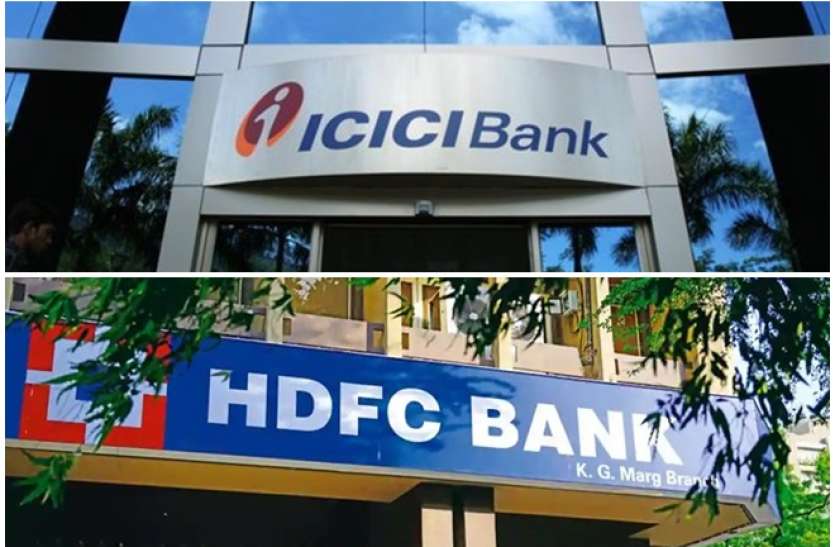The people’s Bank of China is a Central Bank of the people’s republic of China responsible for carrying out monetary policy and regulation of financial institutions in mainland China. It has had the largest financial asset holdings of any Central Bank in the world since July 2017.

This year earlier Chinese Central Bank’s investment in mortgage lenders (a form of loan from a bank as others financial institution that helps a borrower in purchasing assets) HDFC Ltd. And now has emerged as one of the investors in ICICI Bank’s rupees 15,000 crore capital raising plan, as reported by media outlet Business today. As per the reports, the People’s Bank of China signed the cheque of rupees 15 crores in the private bank under the qualified institutional placement (QIP).
Though the Chinese Bank wasn’t the only investor but one amongst the 357 institutional investors which included domestic mutual funds, insurance companies, etc. The prominent investors were: Government of Singapore, Morgan Investment and Societe Generale, according to regulatory filings.

But the Central Bank of China was highlighted as the relations between India and China have worsened since the Galwan valley border clash. India has already banned 59 Chinese apps including Tik Tok and WeChat. Besides, the government is monitoring Chinese investment inflows closely. The global anti-China sentiment is particularly strong since the outbreak.
In India, the health crisis resulted, in a lockdown that has put an already slowing economy in peril, due to which many banks were on the verge of getting close, many amongst them, belonging to the private sectors like HDFC and ICICI, therefore needed funds and investments to get back on their track.

The US and China are already logged in a trade war which has now further escalated into their business areas so it makes good sense for Chinese Central Bank which is flush with, to diversify parts of it was-chest in countries such as India.
But according to experts, the current investment by Chinese Bank in ICICI doesn’t cause any threat as banking is a highly regulated business. For example, no single investor has voting rights of more than 15% in banking and entity. In addition, any acquisition of shares beyond 5 per cent requires RBI’s prior approval
[zombify_post]








